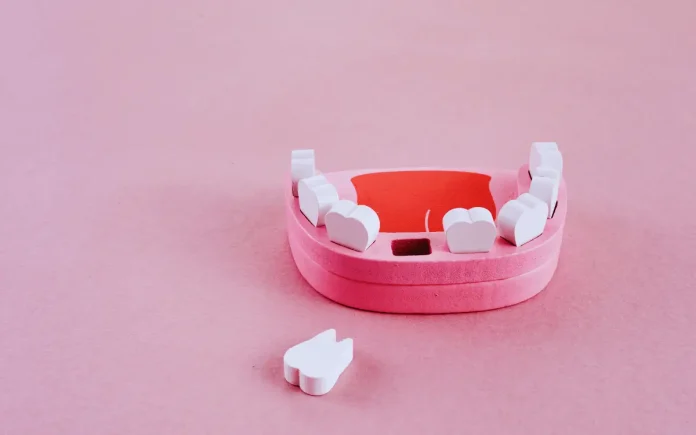
After getting a dental implant installed, certain precautions can help ensure a smooth recovery and the success of the implant. First, avoid any direct pressure on the implant area. This means being careful when chewing and selecting softer foods that don’t require intense chewing effort. It’s crucial to stay away from smoking and alcohol, as these can slow down healing and negatively affect the success of the implant.
Steer clear of rigorous physical activity for a few days post-surgery to reduce swelling and prevent bleeding. Also, maintaining excellent oral hygiene is essential, but be gentle around the implant site to avoid irritation. Use a soft-bristled toothbrush and avoid using toothpicks or harsh dental floss around the implant.
Following these guidelines and any specific instructions from your dental professional, such as Dr. Edward Doktorman from Prestige Dental, found online at https://cliftonsdentist.com/, can significantly enhance the healing process and success rate of your dental implant.
How to look after your dental implants?
Looking after your dental implants is crucial for their longevity and your overall oral health. Start with regular brushing and flossing to keep the implant and surrounding teeth clean. Use a soft-bristled toothbrush and a non-abrasive toothpaste to avoid scratching the implant surface. Flossing daily helps remove plaque and food particles from around the implant.
It’s also important to avoid chewing hard foods that could damage the implant, like ice or hard candy. Quitting smoking is beneficial, as smoking can weaken bone structure and interfere with the implant’s ability to bond with your jawbone.
Regular dental check-ups are essential. Your dentist can monitor the implant, clean hard-to-reach areas, and address any issues before they become serious problems. Using an antibacterial mouthwash can help reduce plaque and bacteria around the implant.
By maintaining good oral hygiene practices and visiting your dentist regularly, you can ensure your dental implants remain in excellent condition for years to come.

What to do if your dental implant cracks down?
If your dental implant cracks, it’s crucial to take immediate action to address the issue and prevent further complications. The first step is to contact your dentist as soon as you notice any damage. Avoid chewing on the affected side to prevent further stress on the implant.
Your dentist will evaluate the extent of the damage. If the crown on the implant is cracked, it might need replacing. However, if the implant itself is damaged, the situation is more complex and might require a more involved procedure to address.
It’s important not to delay seeking professional help. A cracked implant can lead to additional problems, including discomfort and infection. Your dental professional will provide the best course of action based on the specific details of the damage.
Regular dental check-ups can help catch potential issues before they lead to serious damage, ensuring the longevity and health of your dental implants.
FURTHER READING









